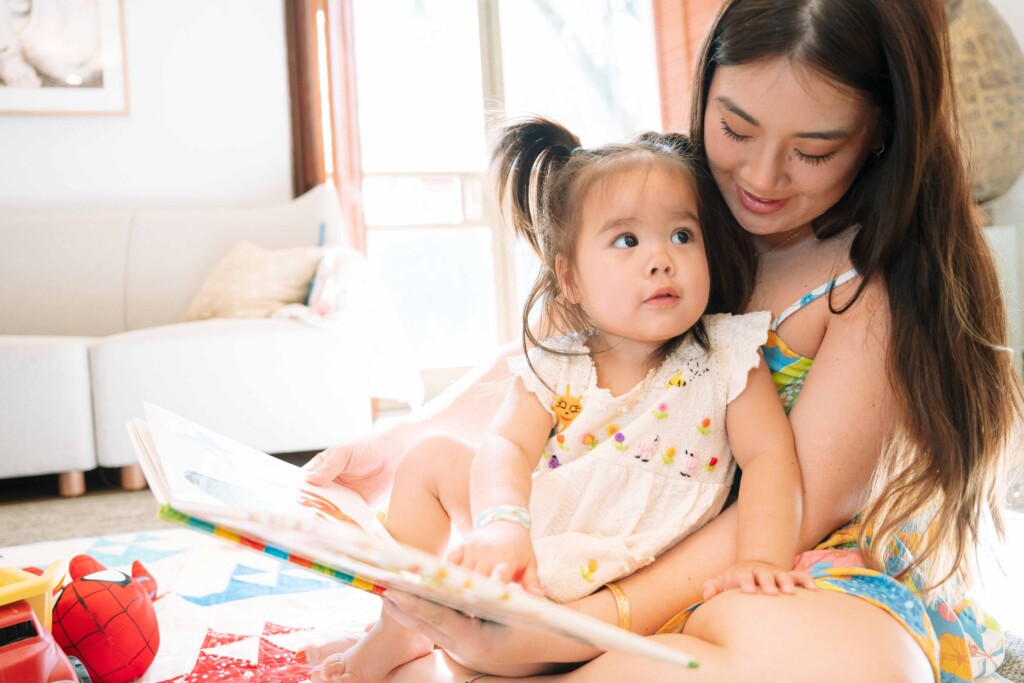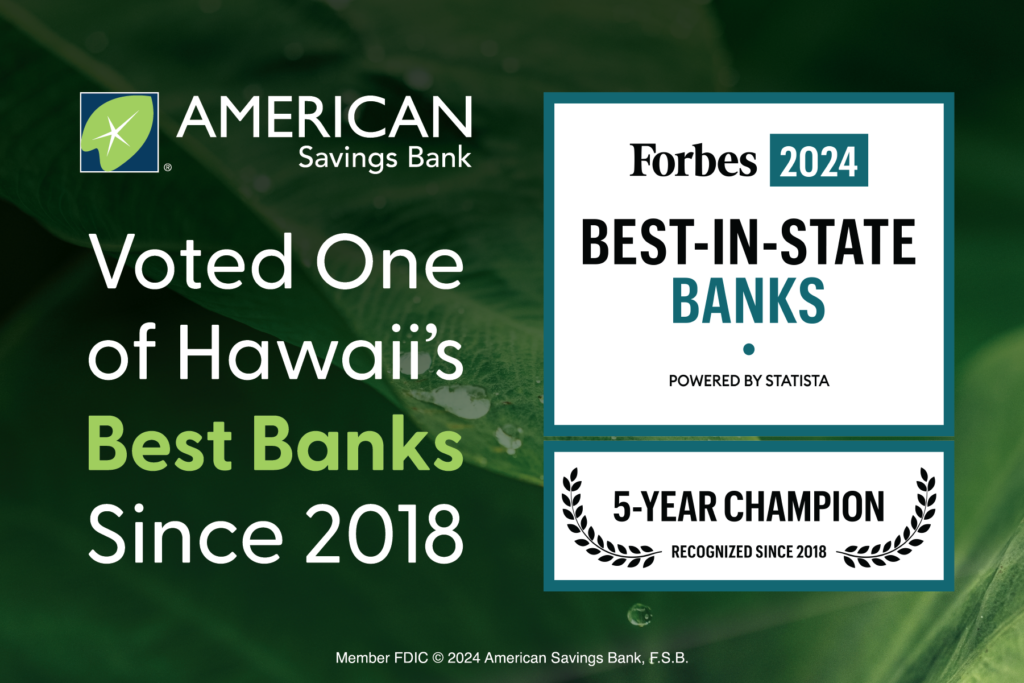What’s Next for the New State Office of Wellness and Resilience
The newly created state office has big plans to improve early childhood mental health in the Islands. Here’s what’s first on its priority list.

In schools and workplaces, most people understand the need to care for physical health. If someone breaks a bone or comes down with the flu, there are accommodations to help them recover.
But what happens when a child runs away from home or skips school? In many cases, they’re treated as offenders—with punishments that could include being put in detention.
However, that child’s actions could be a response to trauma, or a reaction to a family or school situation perceived as frightening or stressful. “We have to understand that people who are highly stressed and experiencing trauma are also injured,” says Tia Hartsock. “It’s important to build systems in place to care for these individuals too.”
Hartsock is the executive director of the Hawaiʻi state Office of Wellness and Resilience, newly created in 2022 to address issues just like this, by improving the ways that trauma-related issues are addressed statewide.
The Office of Wellness and Resilience (OWR) is the first of its kind in the nation. In addition to building Hawaiʻi’s trauma-informed care resources, it also aims to:
- connect with state departments, medical health facilities, university researchers, and cultural practitioners to better understand data trends in Hawai‘i’s health system;
- host an annual wellness and resilience summit;
- propose and support trauma-informed and resilience-related legislation;
- and work to establish new practices to improve outcomes when it comes to child welfare, mental health, and criminal justice in Hawaiʻi.
Hartsock’s first day was January 18, opening day of the 2023 Hawaiʻi state Legislative session, and her first objective is the creation of a 24-month action plan.
Hartsock has already submitted testimony for more than 10 bills relating to improving healthcare initiatives, and is in the process of applying for grants from agencies, such as the National Institutes of Health, for research dollars. “We’re having dialogues with healthcare providers, public and private agencies, and other organizations to learn what works and what has been tried that doesn’t work,” says Hartsock.
Looking ahead, Hartsock wants the OWR to help uplift the voices of those who have lived experience providing trauma-informed care, to help examine current healthcare policies in place and make recommendations on how state departments can operate in a trauma-informed way.
“We want there to be a mechanism in place for local communities and the state to have constructive conversations relating to developing new strategies for approaching wellness,” she says.
The OWR will be working with the support of the Hawaiʻi Community Foundation, through its Promising Minds initiative, which has goals that closely align to those of OWR. Promising Minds program director Justina Acevedo-Cross says, “In the past, there was often a gap when it came to caring for young children’s mental health needs. There are times when a child and perhaps their families need significant treatment. If we invest in care early on, it can yield a positive ripple effect throughout a child’s life.”
To learn more, visit the Promising Minds initiative page.






